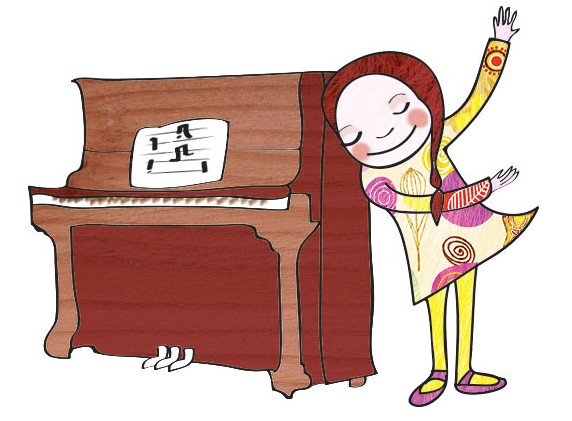As a parent, what is the number one thing I am looking for in a piano teacher? In fact, what is the number one thing that all parents are looking for in a piano teacher?
Convenience.
If you teach piano and live in my street, I want to know about you.
If you teacher piano and live in my suburb, I want to know about you.
If you teach piano at my child’s school, I want to know about you.
If you teach piano during after school care program, even better!
At the start of the school year it is time to have a think about how I, as a parent, would go about finding you.
How visible are you in your community?
Do I hear you accompanying the local school choir?
Does the kindergarten in your local area have a piano? Offer to do a little concert for them, even once a year. Make sure you are there on pick-up time and the parents hear you playing and make sure you have business cards at the ready.
Do you play Christmas Carols at your street parties?
Have you got a sign up on your fence?
Once a month I sing at my local church, and each month, without fail, the piano player who is rostered on with me gets asked if he teaches piano. (Yes, in fact her runs a piano teaching school!) This is a brilliant, time effective, cheap way of marketing for him.
Do I hear you practising as I walk past your house?
Next time Charlotte 5pm on Wednesday doesn’t turn up for her lesson, instead of feeling really annoyed about it and jumping on Facebook to have a rant, look at it as a golden opportunity to do some marketing. Learn some of the pieces you are unfamiliar with on from the new AMEB series 17 books, practice the teacher accompaniments from your My First Piano Adventures books, or grab the newest pop piano hits book you picked up from your local music store last week and learn Ed Sheeran’s Sing.
Do you play at your local nursing home?
What are your current students and parents saying about you?
Beyond word of mouth: As a Gen X parent, how do I find you?
I google “Piano Teacher (my suburb)”.
Make sure you have a web presence. At the APPC we will be running a session in the Solutions Stream whereby you will be able to learn how to build a website in an hour – bring your laptop in and during the session we will actually build you a website.

